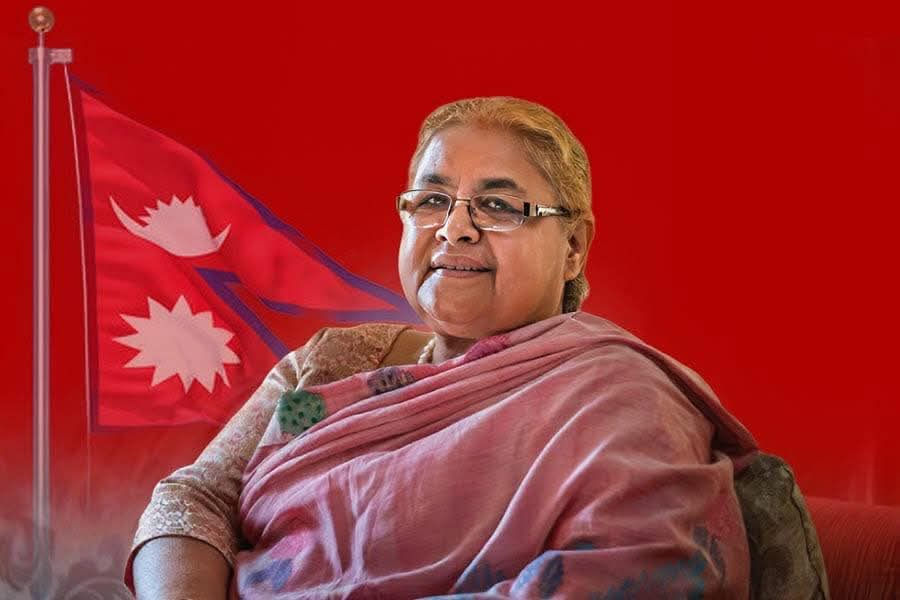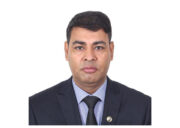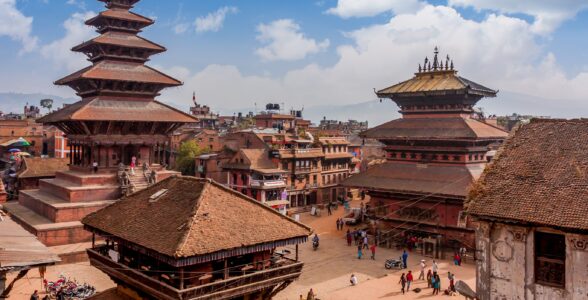
Nepal Appoints First Female Prime Minister Sushila Karki After Gen Z Protests and Early Election Call
Activities Highlights
Kathmandu, Sept. 13, 2025 — In a landmark political development, Nepal has appointed Sushila Karki, the country’s former Chief Justice, as its first female Prime Minister. The move comes after weeks of youth-led protests, often referred to as the Gen Z movement, which forced former Prime Minister K. P. Sharma Oli to resign and prompted the dissolution of parliament.
Karki, 73, is now leading an interim government tasked with restoring order and preparing the nation for early elections within six months. Her appointment is being hailed both domestically and internationally as a turning point in Nepal’s democratic journey.
Sushila Karki: From Chief Justice to Nepal’s Interim Prime Minister
Sushila Karki is no stranger to history-making roles. In 2016, she became the first female Chief Justice of the Supreme Court of Nepal, where she built a reputation for independence and bold rulings against corruption.
Now, as Nepal’s first female Prime Minister, she carries the hopes of a population demanding integrity, accountability, and fresh leadership. Media outlets such as Le Monde have described her as “courageous and credible,” while local voices praise her as a consensus figure capable of calming unrest.
With political parties unable to agree on an immediate cabinet, Karki has temporarily assumed responsibility for all ministerial portfolios, according to The Himalayan Times. This underscores both her authority and the urgency of stabilizing governance in the face of deep political turmoil.
Gen Z Protests Ignite Political Change
The dramatic shift in leadership was driven by massive youth-led protests that swept across Nepal in August and September.
- The unrest was initially sparked by a government ban on social media platforms, which young Nepalis viewed as an attack on free expression.
- Protests quickly expanded to broader demands: ending corruption, dismantling political nepotism, and securing economic opportunities for the nation’s younger generation.
- According to Al Jazeera, at least 51 people were killed and more than 1,300 injured in clashes with security forces.
The “Gen Z movement” galvanized thousands of young people, many of whom had never before engaged in politics. Their determination forced Oli’s resignation and paved the way for Karki’s appointment, showing the power of a new generation to reshape Nepal’s political future.
Dissolution of Parliament and Early Elections
In response to the crisis, Nepal’s parliament was dissolved, clearing a path for fresh elections. Karki’s interim administration is expected to oversee free and fair parliamentary elections by early 2026.
While some constitutional experts have raised concerns about the legality of a former Chief Justice serving as Prime Minister, most acknowledge the extraordinary nature of the crisis. For now, the focus remains on stabilizing governance, ensuring accountability for protest violence, and safeguarding democratic rights.
Domestic Reactions in Nepal
- Protesters — Young activists have expressed cautious optimism. “We are proud to see change, but justice must come for those who died,” said 22-year-old activist Manjita Manandhar in an interview with Reuters.
- Legal Experts — Some warn that Karki’s dual role and parliament’s dissolution may set a precedent that blurs the separation of powers.
- Political Parties — Established parties remain divided. While some see Karki as a neutral figure to restore calm, others fear their influence will diminish under her leadership.
International Reactions: Support and Caution
The appointment of Sushila Karki has drawn strong international attention:
- India welcomed Nepal’s interim government, calling it a step toward “peace and stability” while highlighting the importance of close bilateral ties.
- The United Nations and UNICEF praised her appointment, describing it as an “inspiration for women and girls,” and urged Nepal to prioritize human rights and accountability.
- Foreign envoys attended her swearing-in ceremony, signaling broad diplomatic recognition of her role.
While global observers support the peaceful transition, they also emphasize the importance of credible elections and justice for victims of the protests.
Challenges Facing the Interim Government
Sushila Karki’s leadership comes with significant challenges:
- Justice and Accountability — Families of those killed in protests demand investigations into police actions and political responsibility.
- Restoring Civil Liberties — Reversing restrictions such as the social media ban will be key to regaining public trust.
- Organizing Elections — Ensuring transparent and inclusive elections by early 2026 is her top constitutional duty.
- Meeting Youth Expectations — The Gen Z protesters want systemic reforms: tackling corruption, reducing unemployment, and ending elite domination of politics.
Failure to deliver on these fronts could reignite unrest and further destabilize the fragile democracy.
A Defining Moment in Nepal’s Political History
The rise of Sushila Karki as Nepal’s first female Prime Minister symbolizes more than a change in leadership; it represents the growing power of a new generation demanding accountability and transparency.
While challenges remain immense, this moment marks a historic opportunity for Nepal to reset its political culture, empower women in leadership, and prove that democratic transitions can emerge even from crisis.
As Nepal prepares for early elections, the world watches closely. Whether this interim government can deliver justice, restore stability, and meet the expectations of its restless youth will determine if this chapter becomes a true democratic turning point.








